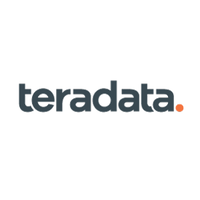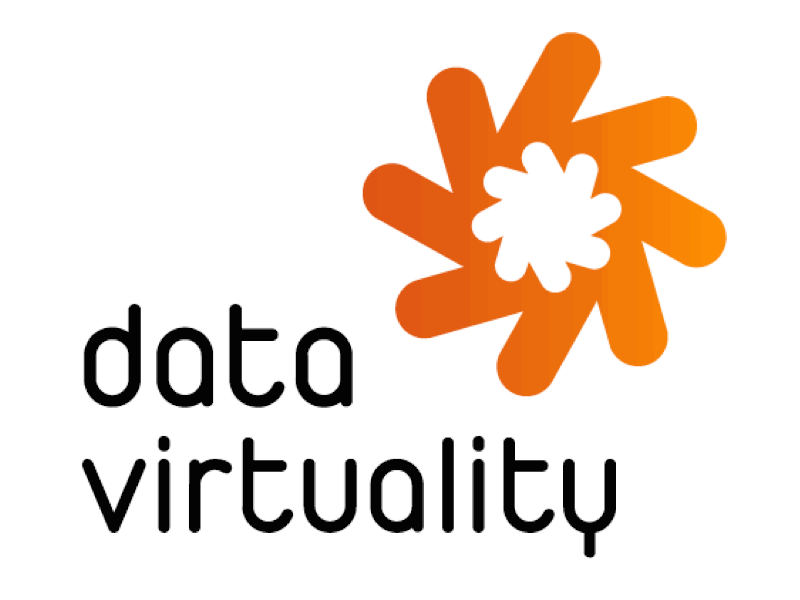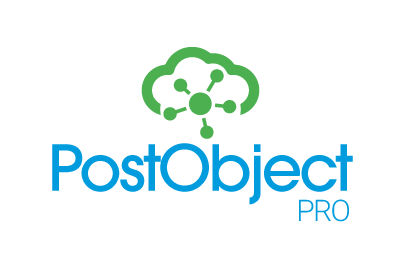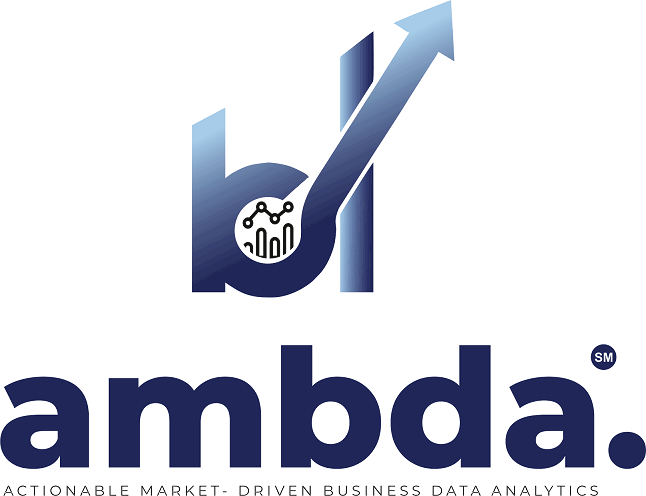Benefits Of Using Data Warehouse Tools
Businesses need data warehouse solutions in order to collect, process, and store enormous volumes of data in one place. These tools have many advantages that can help businesses make better decisions, run more efficiently, and obtain a competitive edge in the marketplace.
1. Centralized Data Storage: The centralization of data is the main advantage of utilizing data warehouse systems. This makes it possible to keep all data from many departments and sources in one location, making management and access simpler. Businesses can save time and effort by not having to browse through numerous databases or files.
2. Better Data Quality: By eliminating errors, inconsistencies, and duplicates, data warehouse systems also aid in enhancing the consistency and quality of data. This guarantees that companies are using accurate and trustworthy data, which results in more trustworthy insights and improved decision-making.
3. Faster Data Access: Companies can obtain data more quickly and effectively by using data warehouse systems. The technologies speed up data retrieval by utilizing a variety of strategies, including caching, partitioning, and indexing. Users are able to make prompt judgments and obtain real-time insights as a result.
4. Data Integration: Companies can combine data from several sources, including databases, CRM programs, and spreadsheets, by using data warehouses. A more thorough and integrated view of the data is made possible by this integration, and it may highlight important trends and insights that would have otherwise gone unnoticed.
5. Advanced Analytics: Data mining, predictive analytics, and machine learning are just a few of the advanced analytics features that data warehouse solutions offer. Businesses can use these technologies to dig deeper into their data and uncover important insights like sales patterns, industry trends, and consumer behavior.
6. Cost And Time Efficiency: Businesses can save money and time by utilizing data warehouse tools. By automating data management procedures, these solutions do away with the necessity of human data entry and processing. This lowers the possibility of human error and gives workers more time to concentrate on other crucial duties.
7. Scalability: Data warehouse systems can manage massive data volumes without compromising speed because of their excellent scalability. Data warehouse systems can readily handle the expanding data load as companies expand and their data requirements rise. To sum up, data warehouse tools have a number of advantages that can help companies obtain useful insights and optimize their data management procedures. Businesses may make data-driven decisions, enhance processes, and accomplish their objectives more quickly by using these technologies successfully. When thinking about a data warehouse solution for your company, keep these advantages in mind.
Important Factors To Consider While Purchasing Data Warehouse Tools?
There are a number of crucial variables to take into account when investing in the best data warehouse technologies for your company. The success of your data warehouse depends on the selection of these technologies, which are essential for organizing, managing, and analyzing your data. It's crucial to thoroughly consider your alternatives before making a purchase because the data warehouse tools you choose will ultimately affect the effectiveness, precision, and general performance of your data warehouse. The following are important considerations when evaluating various data warehouse tools:
1. Compatibility: This is the first and most important consideration. Make sure the data warehouse tools you select work with the software and systems you already have. This will guarantee a smooth integration and avert future technical problems.
2. Scalability: Your data warehouse solutions must be able to adapt to the growth and changes that will occur over time. Examine the tools' scalability to see if they can accommodate growing data quantities, new data sources, and evolving business requirements. 3. Ease of use: For your team to benefit the most from data warehouse solutions, they must be simple to use and intuitive. Seek out products with an intuitive user interface, features that are simple to use, and comprehensive training materials and documentation.
4. Functionality: There are many features included in data warehouse solutions, and not all of them will be essential or pertinent to your company's requirements. Make sure to assess each tool's features and functions and select the ones that best suit your needs.
5. Cost: Depending on the provider and their capabilities, data warehouse solutions can cost anywhere from free to hundreds of dollars. Choose a tool that offers the best value for your money while keeping your budget in mind.
6. Assistance And Upkeep: Having dependable technical assistance and upkeep for your data warehouse products is crucial. To guarantee a seamless experience, look for tools with frequent upgrades, bug patches, and prompt customer support.
7. Security: Data security is essential, particularly when handling private and sensitive data. Verify that the data warehouse technologies you select have strong security features in place to safeguard your information.
8. Vendor reputation: Conduct due diligence and seek out data warehousing solutions from reliable and well-known suppliers. To learn more about the instruments' dependability and caliber, look through reviews, ratings, and user comments. When buying data warehouse products for your company, you may make an informed choice by taking these things into account. Choose technologies that will enable you to efficiently manage and utilize your data for improved decision-making and commercial success, keeping in mind your unique demands and requirements.
What Are The Key Features To Look For In Data Warehouse Tools?
There are a number of important factors to take into account when selecting the best data warehouse technology for your company. These characteristics will affect the tool's overall cost and compatibility with your data environment in addition to its performance and capabilities. These are the most important characteristics to consider when choosing data warehouse technologies to assist you make an informed choice.
1. Integration Capabilities: A data warehouse tool's ability to easily interact with your current data sources and systems is one of the most crucial characteristics to consider. This guarantees that any pertinent data, regardless of its location or format, can be accessed and processed by your data warehouse. Seek out solutions with integrated connectors for well-known systems including databases, CRMs, and APIs, as well as compatibility for several data sources.
2. Data Modeling And Schema Design: The capacity of data warehouse tools to create and administer data schemas is a crucial feature. For effective data retrieval and analysis, these models are essential because they dictate how data is arranged and kept in the warehouse. Seek out solutions that support many data modeling languages, including ER and UML, and provide both logical and physical data modeling capabilities. This will enable you to create and apply a data structure that best meets your company's requirements.
3. Data Storage And Scalability: Since businesses are producing ever-increasing amounts of data, it is essential that data warehouse technologies have sufficient storage and scalability. Look for technologies that can manage high data volumes and provide various storage alternatives, such as on-premise, cloud, or hybrid. Because your business needs may vary over time, you should also think about the tool's scalability in terms of data expansion and performance.
4. Analytics And Reporting: Strong data analysis and reporting features should be included in data warehouse systems. To help you learn from your data, look for solutions that include a range of analytical features, like data mining and predictive analytics. Strong reporting capabilities should also be included in the platform, enabling the creation of interactive and configurable reports and dashboards for improved data visualization.
5. Security And Data Governance: Selecting a data warehouse platform that places a high priority on security and data governance is essential as data privacy and compliance gain importance. To shield your data from unwanted access, look for solutions with sophisticated security features like encryption and access controls. To further guarantee data integrity and regulatory compliance, take into account technologies with data governance capabilities like data lineage and audits. When selecting a data warehouse solution for your company, you can make an informed choice by taking these important factors into account.
Which Industries Can Benefit The Most From Data Warehouse Tools?
Strong software programs called data warehouse tools assist businesses in gathering, storing, and analyzing vast amounts of data. These solutions give companies a thorough understanding of their operations, clients, and market trends by consolidating data from multiple sources. Although companies of all sizes and sectors can benefit from data warehouse solutions, some sectors stand to earn the most from their utilization.
1. Online And Retail Sales: Large volumes of data are produced daily by retail and e-commerce businesses, ranging from supply chain management and inventory levels to customer interactions. These businesses may improve customer experiences, inventory management, and marketing by using data warehouse solutions to organize and analyze their data.
2. Medical Care: Clinical trials, medical imaging, and patient records are just a few of the vast amounts of data that the healthcare sector handles. Healthcare companies can organize and analyze this data with data warehouse solutions to gain important insights for operations, billing, and patient care. Additionally, these solutions support adherence to stringent data protection regulations, such HIPAA.
3. Services For Finance: To make wise decisions, financial organizations like banks, insurance providers, and investment businesses mainly rely on data. These businesses can compile and examine data from several sources, such as consumer transactions, industry trends, and economic indicators, thanks to data warehouse capabilities. As a result, they are better able to detect possible hazards, enhance client satisfaction, and streamline processes.
4. Production Manufacturing: businesses deal with a wide range of data sources, including production, quality control, inventory, and supply chain data. These businesses can improve supply chain management, inventory planning, and forecasting by using data warehouse tools to streamline their data management procedures. Costs can be cut and operational effectiveness raised as a result.
5. Tourism And Hospitality: Customer data is essential to the travel and hospitality sectors in order to enhance experiences and customize services. These businesses can examine client data from several touchpoints, including reservations, loyalty programs, and customer reviews, with the aid of data warehouse solutions. This enables them to customize their offerings and promotional activities to satisfy the inclinations and needs of their clientele.
Conclusion
To sum up, selecting the best data warehouse technology for your company is essential to the accomplishment of your analytics and data management projects. You now know more about the important aspects to take into account when comparing various tools thanks to our thorough buyer's guide. Priority one should be given to identifying your unique business requirements and objectives.
This will assist you in identifying the features and capabilities that are most important to your company. Additionally, think about the tool's versatility, scalability, and compatibility with your current systems and expansion goals. The tool's capacity to load and process data is another crucial factor to take into account. Large amounts of data from many sources should be handled by it with dependable and effective processing speeds.
Another important consideration is the capacity to handle both organized and unstructured data. Any organization should prioritize data security, and your data warehouse tool should have strong security features to guarantee the privacy and security of your data. To safeguard your private data, look for features like data masking, access limits, and encryption.
Support and training are also crucial factors to take into account, particularly for companies that are new to data warehousing. To maximize your investment, pick a product that provides extensive training, resources, and support. Finally, think about the total cost of ownership and pricing strategy. Even while a cheaper price could sound alluring, it's crucial to account for long-term costs like maintenance, licensing, and extra features.
Select a solution that provides a scalable and clear price structure that fits your needs as a business and your budget. You may choose the best data warehouse product that fits your unique needs and positions your company for success in the rapidly changing fields of data management and analytics with confidence if you follow the facts and factors listed in our buyer's guide.






















